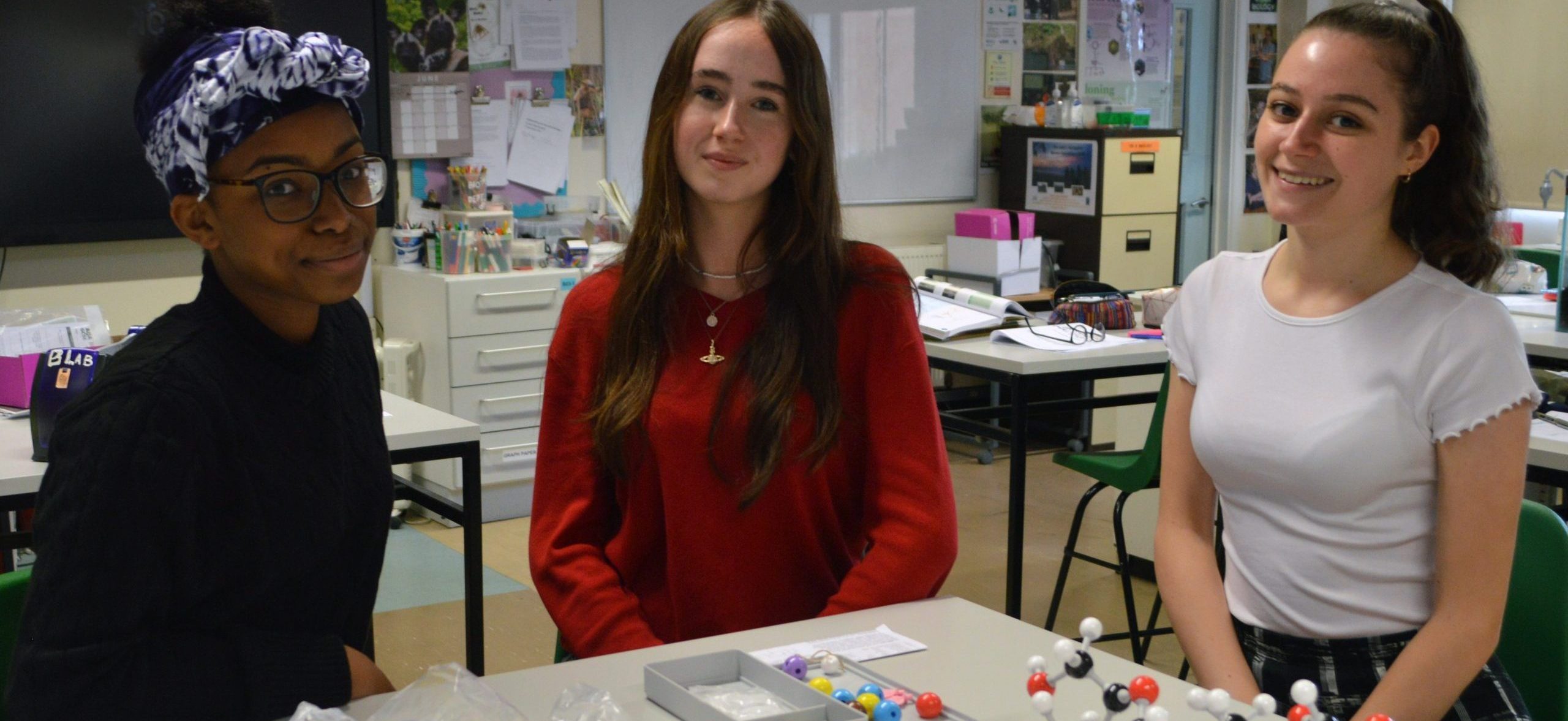
A Level Physics is taught by Mr Easton. We teach the OCR Physics A specification, designed to “sustain and develop an enjoyment and interest in Physics, to recognise the value of Physics to society and how it may be used responsibly, as well as developing your knowledge and understanding of the concepts and skills essential to the subject”. Many of the topics will be familiar to you as they are extensions of those covered in GCSE Physics. You will apply your understanding to solve problems on topics ranging from sub-atomic particles to the entire universe! We will develop the depth of your understanding of these topics and reinforce the theory with new practical skills.
Specification Code: Physics A H556
The content is split into six modules:
1. Development of practical skills in physics
2. Foundations of physics 3. Forces and motion
4. Electrons, waves and photons
5. Newtonian world and astrophysics
6. Particles and medical physics
The practical skills are integrated throughout the course and assessed through the required practical activities(PAGs). The PAGs are 12 different practical investigations that are designed to develop and test the essential practical skills and use of specialist apparatus needed in Physics.


Mathematical requirements:
You do not have to do A Level maths in order to do A Level Physics, though it is certainly a definite advantage. However, you will need to be happy and confident with the following mathematical skills:
– Arithmetic and numerical computation
– Handling data
– Rearranging equations
– Using standard form and considering significant figures in answers
– Graphs, including analysis of gradients and intercepts to determine further quantities
– Geometry and trigonometry

Content Overview
Content i split into six teaching modules:
- Module 1 – Development of practical skills in physics
- Module 2 – Foundation of physics
- Module 3 – Forces and motion
- Module 4 – Electrons, waves and photons
- Module 5 – Newtonian world and astrophysics
- Module 6 – Particles and medical physics
Component 01 assesses content from modules 1, 2, 3 and 5.
Component 01 assesses content from modules 1, 2, 4 and 6.
Component 01 assesses content from all modules (1-6).
The assessment overview for the A Level consists of 3 written papers:
Modelling physics (01)
100 marks
2 hours 15 minutes
written paper
37% of total A level
Exploring physics (02)
100 marks
2 hours 15 minutes
written paper
37% of total A level
Unified physics (03)
70 marks
1 hours 30 minutes
written paper
26% of total A level
Practical Endorsement in physics (04)
(non exam asessment)
Reported separately


Further progress
Physics is a very well respected A-level course which will help you develop the skills, understanding and knowledge that many employers across a range of industries are looking for. Students develop scientific knowledge and understanding of different areas of the subject and how they relate to each other, problem solving skills, analytical thinking and meticulous practical skills.
Preparatory work for studying Physics in the Sixth Form:
The best physics students always benefit from reading around the subject and keeping up to date with current points of interest. There are now lots of ways you can do this. There are many good science publications such as BBC Science Focus, New Scientist, Physics Review. There are also many excellent popular science books which will introduce the background to the science that we will study. Bill Bryson’s “A short history of nearly everything” is a superb book. There are also some excellent books by Bob Berman, Jim Al-Khalili, John Gribbin, David Bodanis, Brian Cox etc. There are now, also, some excellent podcasts that are available to listen to. Come and ask Mr Easton for a recommendation for a topic that interests you!

